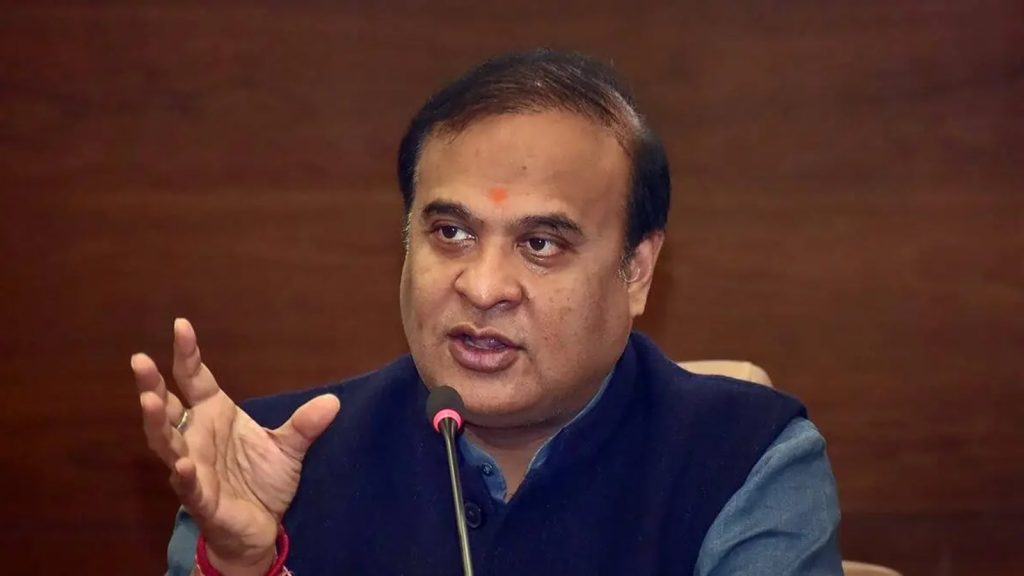Assam Chief Minister Himanta Biswa Sarma issued a scathing critique of “Aman Ki Asha” (Hope for Peace) advocates on Monday, highlighting what he described as a stark contrast between India’s tolerance for pro-peace sentiments and Pakistan’s alleged suppression of pro-India voices.
In a detailed post on social media platform X, Sarma directly addressed supporters of peaceful India-Pakistan relations, stating, “To those in India who continue to preach ‘Aman ki Asha’ without grasping the ground reality – understand this: In Pakistan, talking about peace with India is treated as a crime. In India, talking about peace with Pakistan is tolerated, debated, even promoted on mainstream platforms.”
To Those in India Who Invest Time in “Aman Ki Asha”
How Pakistan Handles Pro-India Voices:
1.Surveillance & Profiling
– Every post, tweet, or article with pro-India sentiment is tracked by Pakistan’s intelligence agencies, especially the ISI.
– Students, activists, and…— Himanta Biswa Sarma (@himantabiswa) May 5, 2025
The Chief Minister characterized such advocacy as misguided at best and treasonous at worst, writing, “Romanticising Pakistan while enjoying Indian freedom is not idealism – It is ignorance at best, hypocrisy at worst — and a betrayal of your own motherland.”
Sarma’s post outlined several allegations against Pakistani authorities, claiming they systematically suppress pro-India sentiments through various means. According to the Chief Minister, Pakistan’s intelligence agencies, particularly the Inter-Services Intelligence (ISI), conduct extensive surveillance of individuals expressing favorable views toward India, placing students, activists, and journalists on watchlists.
He further alleged that the Pakistan Telecommunication Authority actively censors content deemed pro-India, removing even hashtags promoting peace or dialogue “without explanation.” The Chief Minister claimed Pakistan employs legal intimidation under its cybercrime law, the Prevention of Electronic Crimes Act (PECA), to arrest individuals on charges such as “anti-state” or “glorifying the enemy” for expressing pro-India sentiments.
Among the most serious allegations, Sarma pointed to what he described as forced disappearances of Baloch, Pashtun, and Sindhi activists who “have vanished without a trace for expressing support for India or challenging Pakistan’s military narrative.” He added that peace advocates reportedly face social boycotts and threats from extremist elements.
